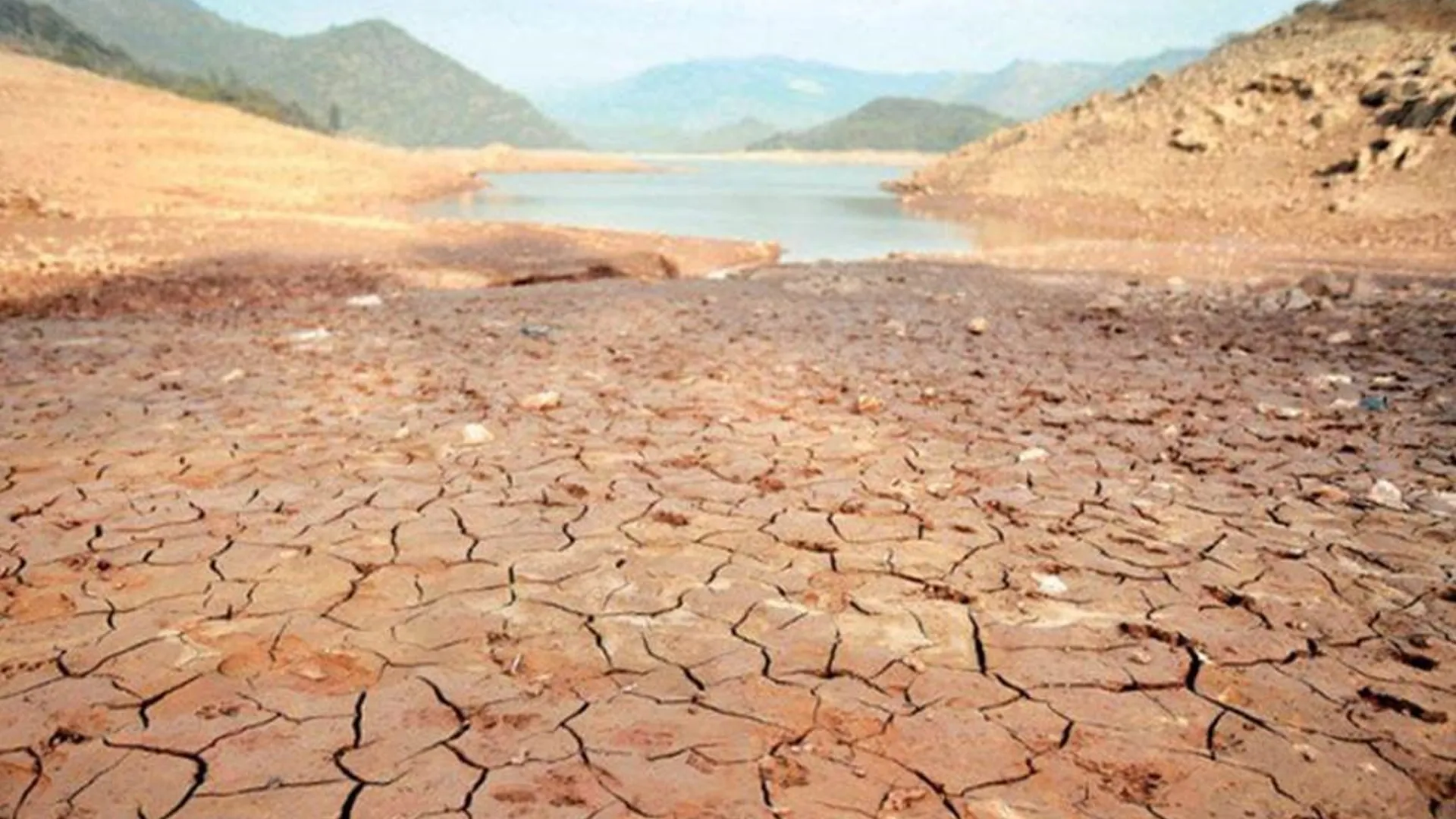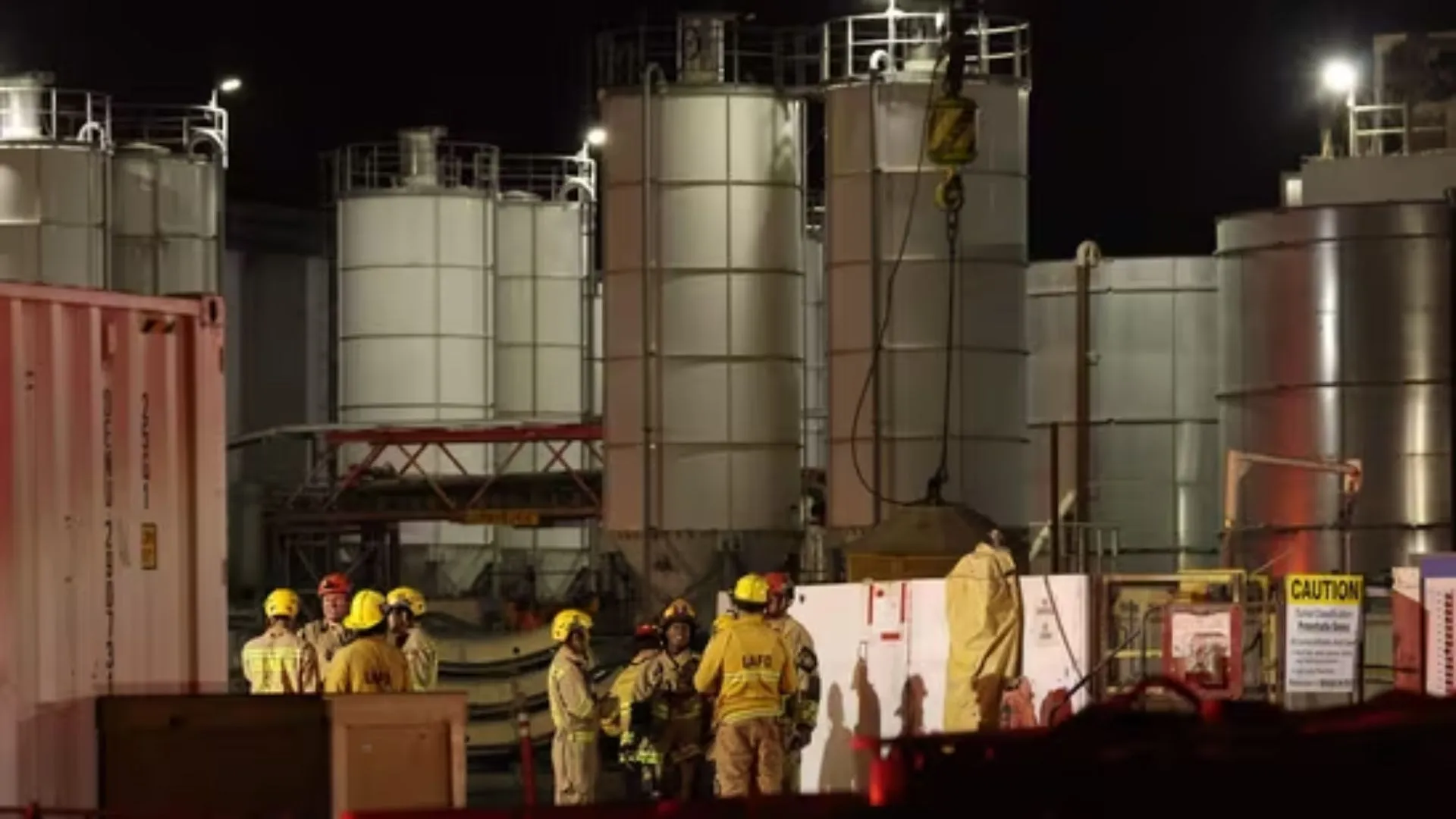Punjab province of Pakistan is facing a water crisis with the Kharif (summer) crop sowing season commencing. A drastic fall in the water level of major rivers and dams, along with India’s recent hold on the Indus Waters Treaty, has raised alarms regarding a drought-like situation in the region.
Two of its key reservoirs—Tarbela on the Indus River and Mangla on the Jhelum River—are critically low, according to the government of Pakistan. At the same time, the Chenab River has witnessed a “sudden decline” in inflows following India reportedly restricting water flow after the April Pahalgam terror attack.
Dam Levels Drop as Monsoon Rains Delay in Pakistan
Data released by the Indus River System Authority (IRSA) on June 2, 2025, indicates that water availability across the Indus River System in Punjab province has dropped by 10.3% compared to the same day in 2024. Total water flow in the province stood at 1,28,800 Cusecs—down by 14,800 Cusecs from last year.
The deficit is a serious challenge to the farmers, who greatly rely on irrigation in the Kharif season. With weeks still to go before the Southwest Monsoon arrives, there are already worries of crop failure during the hot summer.
India’s Suspension of Treaties Aggravates Crisis
India revoked the 1960 Indus Waters Treaty last month following the Pahalgam terror attack that murdered 25 Indian tourists. The Treaty had assigned 80% of the waters of the Indus, Jhelum, and Chenab Rivers to Pakistan and gave limited rights of use to India. It also required the sharing of data on water levels in the river.
With the treaty suspended, India has stopped sharing vital river data with Pakistan. The loss of up-to-date information has increased the risk to downstream communities, particularly under monsoon-caused flooding. Indian data in past years enabled Pakistan to issue timely evacuation notices in flood-risk areas.
Glacier Conference Highlights Regional Risks
Pakistan Prime Minister Shehbaz Sharif recently spoke at a conference on glacier conservation in Dushanbe, Tajikistan, where he complained about the worsening water crisis. He attributed the worsening situation to India’s move to freeze the treaty, urging world attention towards what he called a rising regional threat.
Earlier estimates by Islamabad predicted a 21% countrywide water shortage this summer, with live storage in the two most important dams reduced by 50%. Authorities have called for prudent use of water and vigilance, emphasizing the critical position of Tarbela and Mangla in both irrigation and hydropower supplies of Punjab and Sindh.
With political tensions escalating and climate pressures increasing, summer crops of Pakistan could be hit hard by an emerging water crisis.






















